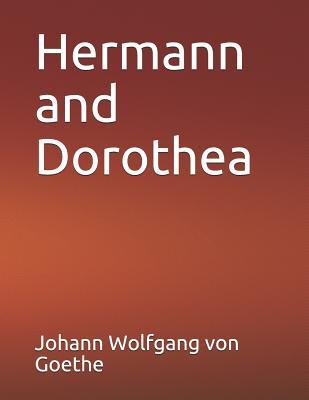What do you think?
Rate this book


90 pages, Paperback
First published January 1, 1797

“One of the pitchers he begged her to give him to lighten the burden.
‘Nay, let it be!" she said: "I carry them better so balanced.
Nor shall the master, who is to command, be doing me service.
Look not so gravely upon me, as thinking my fortune a hard one.
Early a woman should learn to serve, for that is her calling;
Since through service alone she finally comes to the headship,
Comes to the due command that is hers of right in the household.
Early the sister must wait on her brother, and wait on her parents;
Life must be always with her a perpetual coming and going,
Or be a fetching and carrying, making and doing for others.
Happy for her be she wonted to think no way is too grievous,
And if the hours of the night be to her as the hours of the daytime;
If she find never a needle too fine, nor a labor too trifling;
Wholly forgetful of self, and caring to live but in others!
For she will surely, as mother, have need of every virtue,
When, in the time of her illness, the cries of her infant arouse her
Calling for food from her weakness, and cares are to suffering added.
Twenty men bound into one were not able to bear such a burden;
Nor is it meant that they should, yet should they with gratitude view it.’"
(ERATO)
